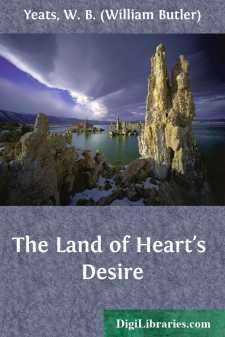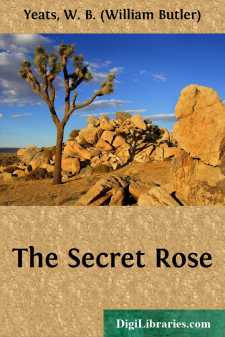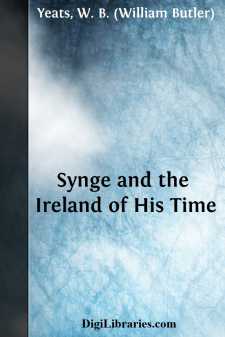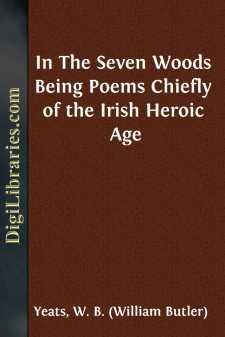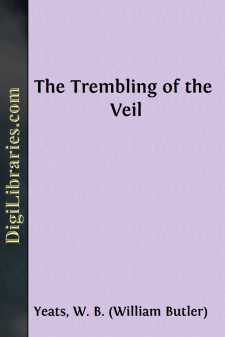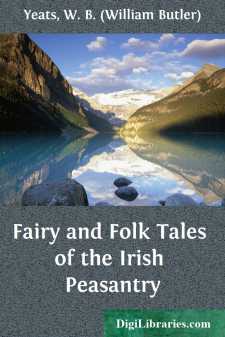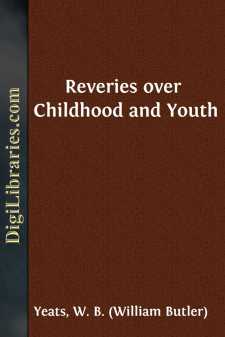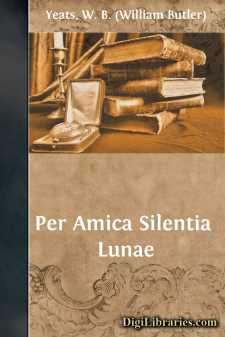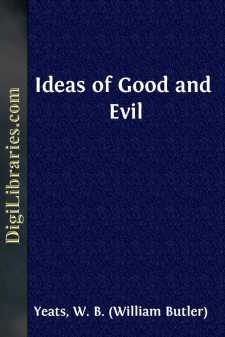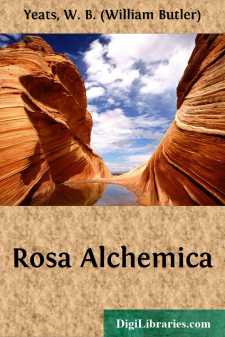Categories
- Antiques & Collectibles 13
- Architecture 36
- Art 48
- Bibles 22
- Biography & Autobiography 813
- Body, Mind & Spirit 142
- Business & Economics 28
- Children's Books 17
- Children's Fiction 14
- Computers 4
- Cooking 94
- Crafts & Hobbies 4
- Drama 346
- Education 46
- Family & Relationships 57
- Fiction 11829
- Games 19
- Gardening 17
- Health & Fitness 34
- History 1377
- House & Home 1
- Humor 147
- Juvenile Fiction 1873
- Juvenile Nonfiction 202
- Language Arts & Disciplines 88
- Law 16
- Literary Collections 686
- Literary Criticism 179
- Mathematics 13
- Medical 41
- Music 40
- Nature 179
- Non-Classifiable 1768
- Performing Arts 7
- Periodicals 1453
- Philosophy 64
- Photography 2
- Poetry 896
- Political Science 203
- Psychology 42
- Reference 154
- Religion 513
- Science 126
- Self-Help 84
- Social Science 81
- Sports & Recreation 34
- Study Aids 3
- Technology & Engineering 59
- Transportation 23
- Travel 463
- True Crime 29
W. B. (William Butler) Yeats
William Butler Yeats (1865-1939) was an influential Irish poet, playwright, and one of the foremost figures of 20th-century literature. He was a driving force behind the Irish Literary Revival and co-founded the Abbey Theatre, playing a key role in the cultural and political life of Ireland. Yeats was awarded the Nobel Prize in Literature in 1923, recognized for his outstanding and innovative contributions to poetry.
Author's Books:
Sort by:
THE LAND OF HEART'S DESIRE SCENE.—A room with a hearth on the floor in the middle of a deep alcove to the Right. There are benches in the alcove and a table; and a crucifix on the wall. The alcove is full of a glow of light from the fire. There is an open door facing the audience to the Left, and to the left of this a bench. Through the door one can see the forest. It is night, but the moon or a...
more...
THE CRUCIFIXION OF THE OUTCAST. A man, with thin brown hair and a pale face, half ran, half walked, along the road that wound from the south to the town of Sligo. Many called him Cumhal, the son of Cormac, and many called him the Swift, Wild Horse; and he was a gleeman, and he wore a short parti-coloured doublet, and had pointed shoes, and a bulging wallet. Also he was of the blood of the Ernaans, and...
more...
J.M. SYNGE AND THE IRELAND OF HIS TIME On Saturday, January 26th, 1907, I was lecturing in Aberdeen, and when my lecture was over I was given a telegram which said, 'Play great success.' It had been sent from Dublin after the second Act of 'The Playboy of the Western World,' then being performed for the first time. After one in the morning, my host brought to my bedroom this second...
more...
IN THE SEVEN WOODS. I have heard the pigeons of the Seven Woods Make their faint thunder, and the garden bees Hum in the lime tree flowers; and put away The unavailing outcries and the old bitterness That empty the heart. I have forgot awhile Tara uprooted, and new commonness Upon the throne and crying about the streets And hanging its paper flowers from post to post, Because it is alone of all things...
more...
At the end of the ’eighties my father and mother, my brother and sisters and myself, all newly arrived from Dublin, were settled in Bedford Park in a red-brick house with several mantelpieces of wood, copied from marble mantelpieces designed by the brothers Adam, a balcony and a little garden shadowed by a great horse-chestnut tree. Years before we had lived there, when the crooked ostentatiously...
more...
INTRODUCTION. Dr. Corbett, Bishop of Oxford and Norwich, lamented long ago the departure of the English fairies. "In Queen Mary's time" he wrote—"When Tom came home from labour,Or Cis to milking rose,Then merrily, merrily went their tabor,And merrily went their toes." But now, in the times of James, they had all gone, for "they were of the old profession," and "their...
more...
REVERIES OVER CHILDHOOD AND YOUTH y first memories are fragmentary and isolated and contemporaneous, as though one remembered vaguely some early day of the Seven Days. It seems as if time had not yet been created, for all are connected with emotion and place and without sequence. I remember sitting upon somebody’s knee, looking out of a window at a wall covered with cracked and falling plaster,...
more...
ANIMA HOMINIS I When I come home after meeting men who are strange to me, and sometimes even after talking to women, I go over all I have said in gloom and disappointment. Perhaps I have overstated everything from a desire to vex or startle, from hostility that is but fear; or all my natural thoughts have been drowned by an undisciplined sympathy. My fellow-diners have hardly seemed of mixed humanity,...
more...
WHAT IS ‘POPULAR POETRY’? I think it was a Young Ireland Society that set my mind running on ‘popular poetry.’ We used to discuss everything that was known to us about Ireland, and especially Irish literature and Irish history. We had no Gaelic, but paid great honour to the Irish poets who wrote in English, and quoted them in our speeches. I could have told you at that time the dates of the...
more...
ROSA ALCHEMICA. I It is now more than ten years since I met, for the last time, Michael Robartes, and for the first time and the last time his friends and fellow students; and witnessed his and their tragic end, and endured those strange experiences, which have changed me so that my writings have grown less popular and less intelligible, and driven me almost to the verge of taking the habit of St....
more...


